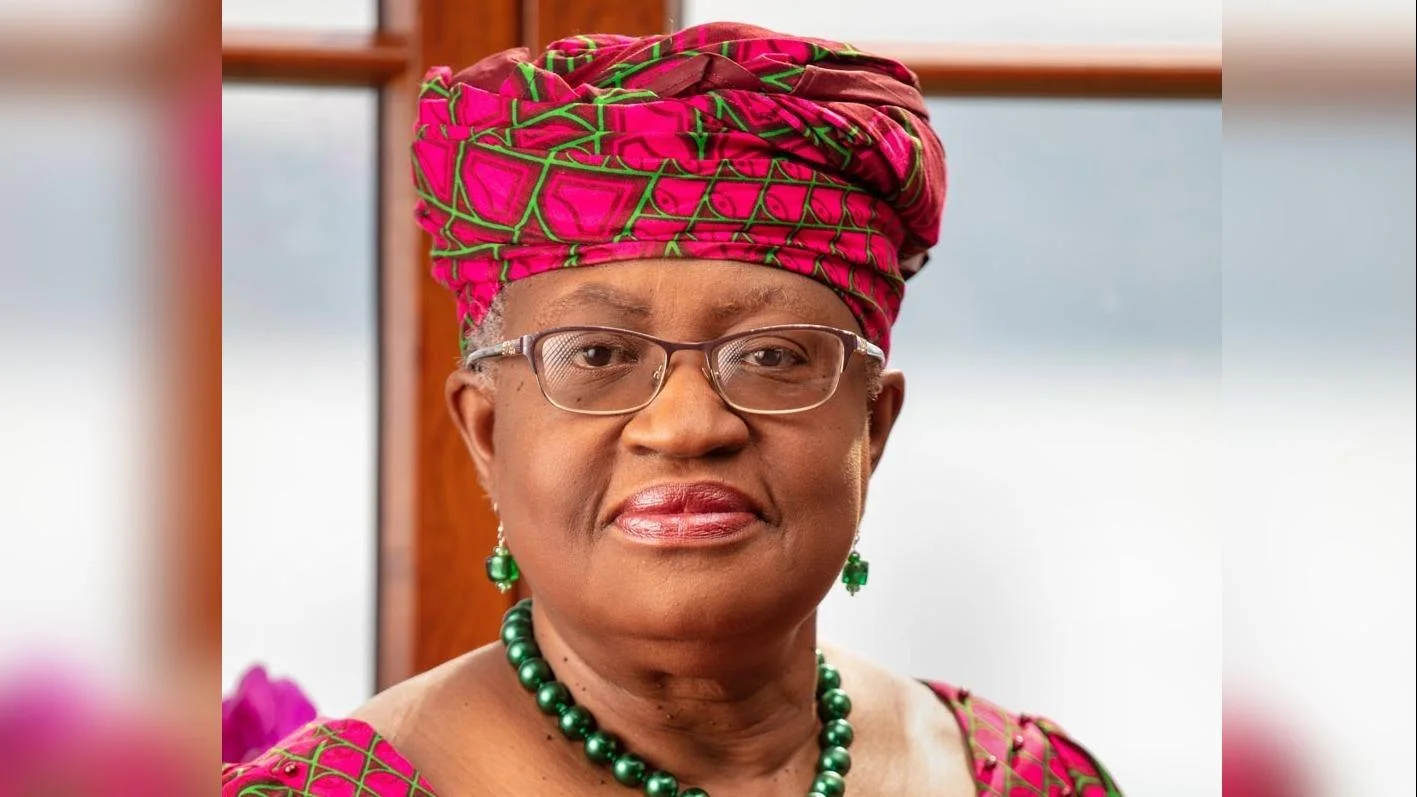WTO members recently convened to discuss progress and share strategies for reforming fossil fuel subsidies as part of the Fossil Fuel Subsidy Reform (FFSR) initiative. New Zealand, acting as coordinator, emphasized ongoing interest among members in exchanging experiences on effective reform pathways.
The United Nations Development Programme (UNDP) outlined its support for public finance reforms aimed at climate action, including efforts to restructure fossil fuel subsidies. UNDP representatives noted that successful reforms often integrate with broader development programs and rely on strong stakeholder engagement and communication. They also highlighted that redirecting fiscal savings from subsidy reforms toward social protection measures can help strengthen the social contract within countries.
The Global Environment Facility (GEF) provided updates on projects in several countries targeting fossil fuel subsidy reform alongside other environmental goals. Examples included reallocating subsidies from diesel buses to support electric bus adoption, transforming a country’s energy sector to achieve fully renewable electricity generation, and assisting another nation’s transition away from reliance on fossil fuels toward a net-zero economy.
The Organisation for Economic Co-operation and Development (OECD) presented findings from its analysis of below-market energy inputs provided to major companies in high-emissions sectors such as steel, aluminium, cement, and chemicals. The OECD reported that supplying energy at below-market rates—often by state-owned providers—can distort trade and harm the environment. However, quantifying these inputs is challenging due to data gaps and complex contractual arrangements between state-owned enterprises and others. Participants discussed ways to improve transparency around below-market energy provisions.
Consultancy Eunomia and the Quaker United Nations Office (QUNO) described their joint research into subsidies received by the primary plastic polymer industry (PPP), including those linked to fossil fuels. Their work underscored how price supports for chemical feedstocks and process energy are relevant both for plastics production and broader discussions on plastic pollution within the WTO.
The FFSR initiative reviewed its progress since the 13th Ministerial Conference in early 2024, focusing on enhanced transparency regarding fossil fuel subsidies and guidelines ensuring crisis-support measures remain targeted, transparent, and temporary. These efforts are seen as foundational steps ahead of the 14th Ministerial Conference scheduled for early 2026.
Currently, forty-eight WTO members participate as co-sponsors of the FFSR initiative. The group aims to rationalize or eliminate harmful fossil fuel subsidies using existing mechanisms or by developing new approaches while encouraging continued information sharing among WTO members.
More details about the FFSR initiative can be found here.

